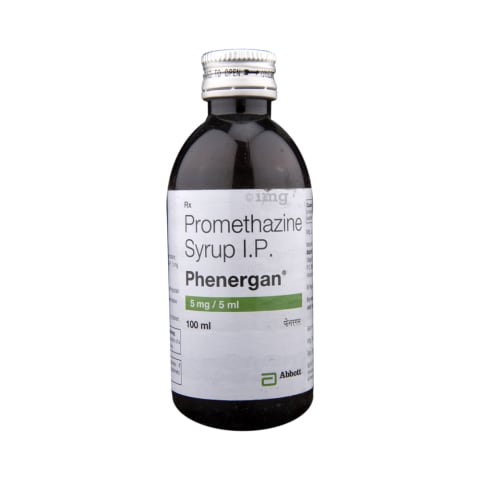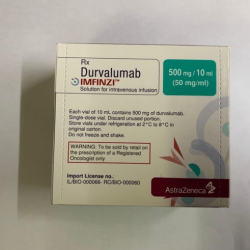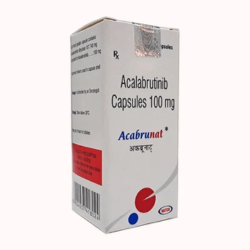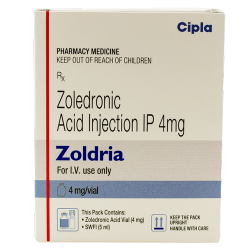Description
Uses of medication:
Promethazine is a first-generation antihistamine medication, indicated for the treatment of:
- Trouble sleeping
- Motion sickness
- Allergies: such as hay fever, runny nose.
- Hemolytic disease of the newborn
- Anxiety: prior to surgery.
- Nausea & Vomiting: associated with anesthesia or chemotherapy.
- Sedating: for people who are agitated or anxious.
- Some symptoms associated with the common cold.
Dosage:
Promethazine HCl syrup should be measured with an accurate measuring device. A household teaspoon is not an accurate measuring device and may be responsible for drug overdose, especially when half a teaspoon is to be measured.
A healthcare provider can provide you an appropriate device and can provide instructions for measuring the correct dose.
In drug overdose conditions immediately call your doctor in order to get the appropriate medical assistance.
Treatment Reactions:
The most commonly reported side effects of promethazine syrup ip include:
- confusion
- sleepiness
- dry mouth
- nausea
- vomiting
- jaundice
- drowsiness
- sedation,
- somnolence
- blurred vision
- dizziness
- disorientation
- fatigue
- euphoria
- faintness
- nervousness
- diplopia
- insomnia
- tremors
Warnings and Precautions:
- Use of promethazine syrup during pregnancy or breastfeeding is not safe for the baby.
- Use of phenergan syrup by injection into a vein is avoided due to potential skin damage.
- Promethazine HCl Syrup is contraindicated for administration in pediatric patients less than 2 years of age.
- Caution should be exercised when given promethazine to pediatric patients 2 years of age and older.
- Use of this syrup in patients with the compromised respiratory function (e.g. COPD, sleep apnea) should be avoided.
- The syrup should be used with caution in patients who are with bone-marrow depression.
- The phenergan syrup is used very cautiously in patients who are with cardiovascular disease or impairment of the liver function.





